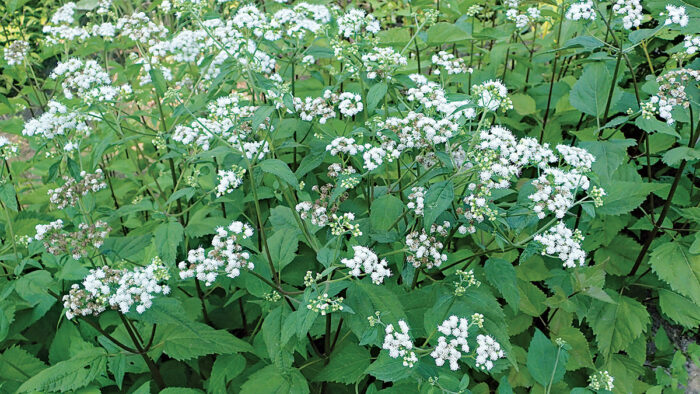
Growing native plants is the gardening equivalent of having your cake and eating it too. Not only are these plants beautiful and more likely to thrive in your landscape, they also play a crucial role in sustaining the living landscape for pollinators, birds, and other animals.
For their seemingly endless benefits, it’s always worth adding another native plant to your garden. Below, find native plants for the Southern Plains that will please human, animal, and insect guests in your garden.
1. Blackfoot Daisy
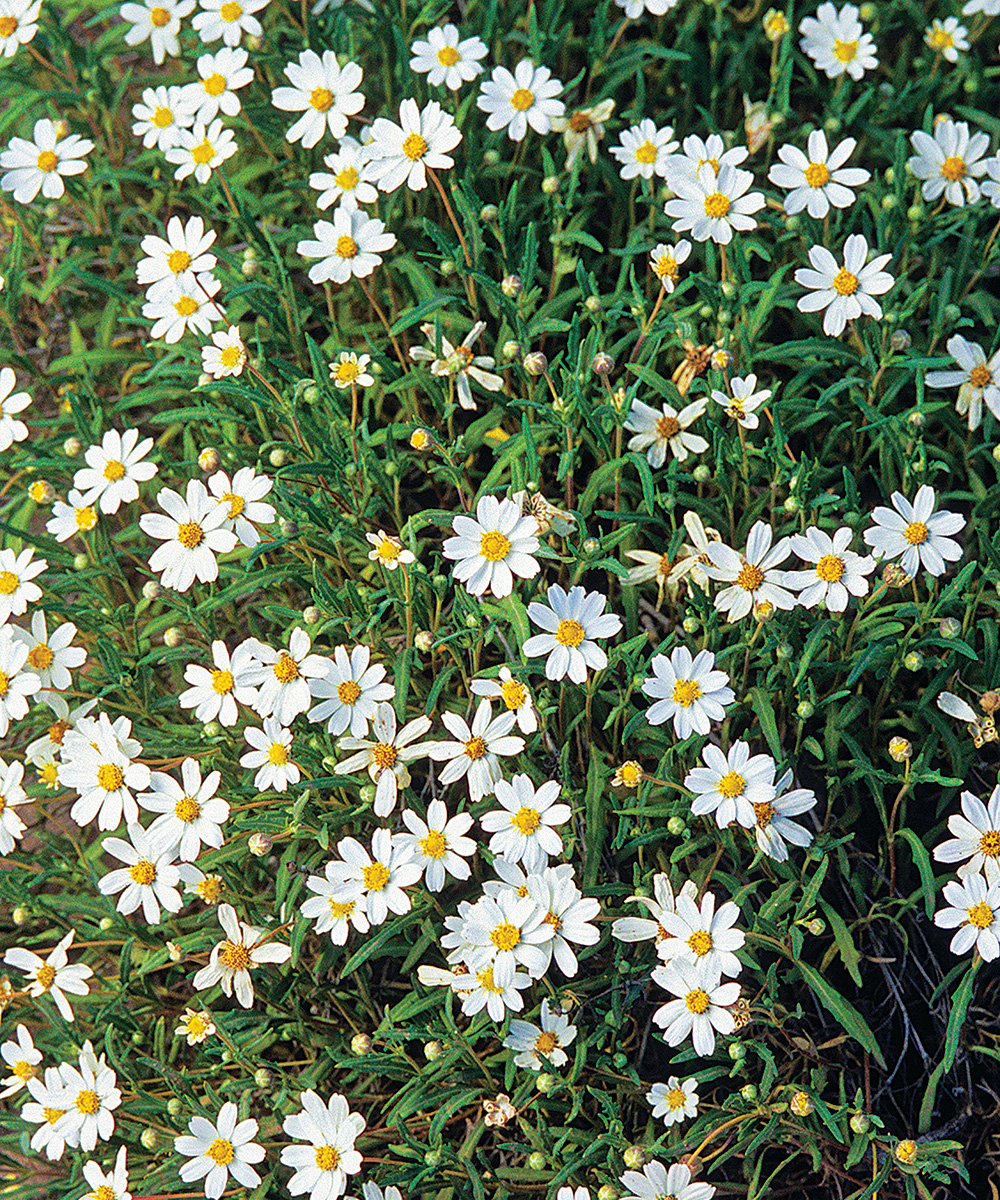
Name: Melampodium leucanthum
Zones: 5–10
Size: 1 foot tall and wide
Conditions: Full sun; well-drained soil
This little white daisy does wonderfully in rock gardens and other hot, well-drained areas (even limestone and caliche). It hates being overwatered, so don’t even look at it hard if you’re holding a watering can. The white blooms release a sweet honey scent when the sun shines on them, which can make them nice to have near pathways. Blackfoot daisy attracts bees and butterflies, requires little maintenance, flowers for much of the year, and can survive extreme heat and extreme cold. This is a real winner for our region with its particularly hot, dry summers.
2. Flame Acanthus
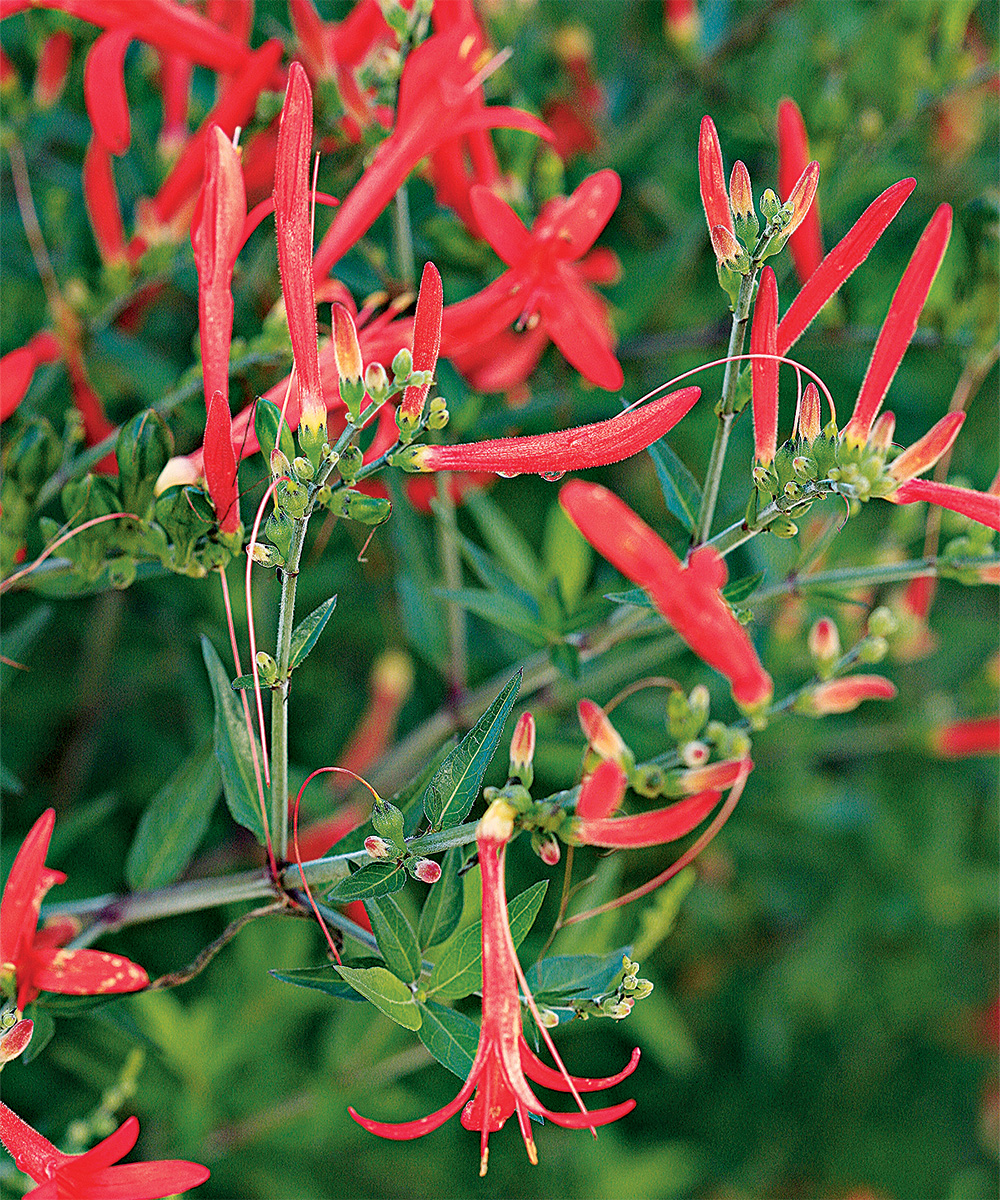
Name: Anisacanthus quadrifidus var. wrightii
Zones: 8–10
Size: 3 to 5 feet tall and 3 to 4 feet wide
Conditions: Full sun to partial shade; well-drained soil
Flame acanthus is a hardy, heat-loving shrub that bursts into orange-red tubular blooms in late spring and continues blooming through late fall. It never fails to attract hummingbirds and has a beautiful natural form but can also be coaxed into more formal shapes or hedges. It can take a hard pruning (prune back by one-third in winter) and looks its best and fullest when sheared regularly during the flowering season. Flame acanthus is cold tolerant, but, in the northern part of its range (around Dallas), it will die back to the roots each winter and reemerge in spring.
3. White Mistflower
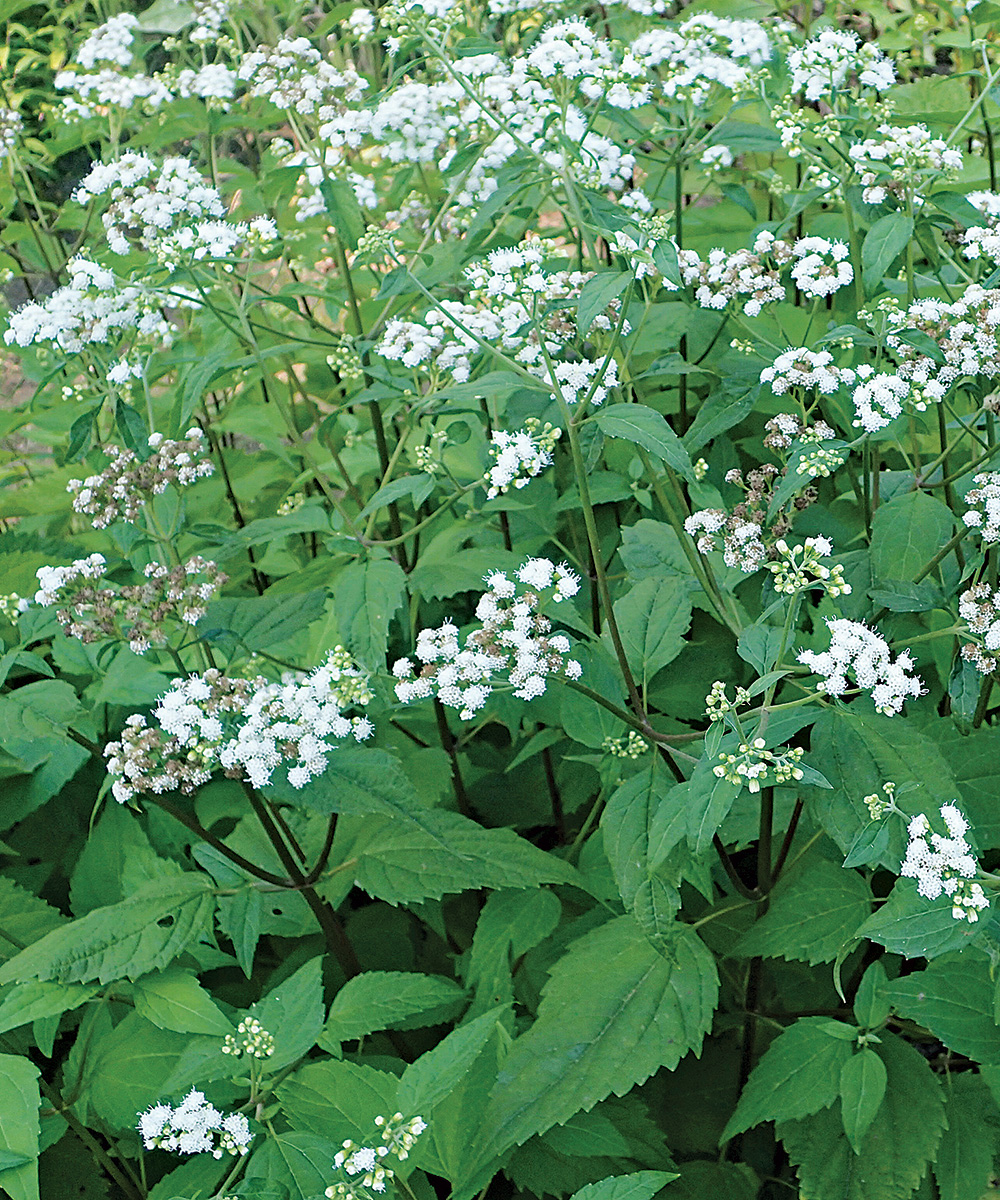
Name: Ageratina havanensis
Zones: 8–10
Size: 3 to 4 feet tall and 2 to 3 feet wide
Conditions: Full sun to partial shade; well-drained soil
This is a go-to plant for difficult shady areas, and it does equally well in sunny locations. The fuzzy, cream-colored blooms of white mistflower stand out against its dark green foliage, and their fragrance attracts many butterflies and other pollinators in late summer and early fall. It can grow fairly large in sunny locations but will be slightly smaller in shade; it will still flourish and bloom in partial shade, though. It tolerates heat and drought and blossoms best when cut back hard in winter.
4. Rock Penstemon
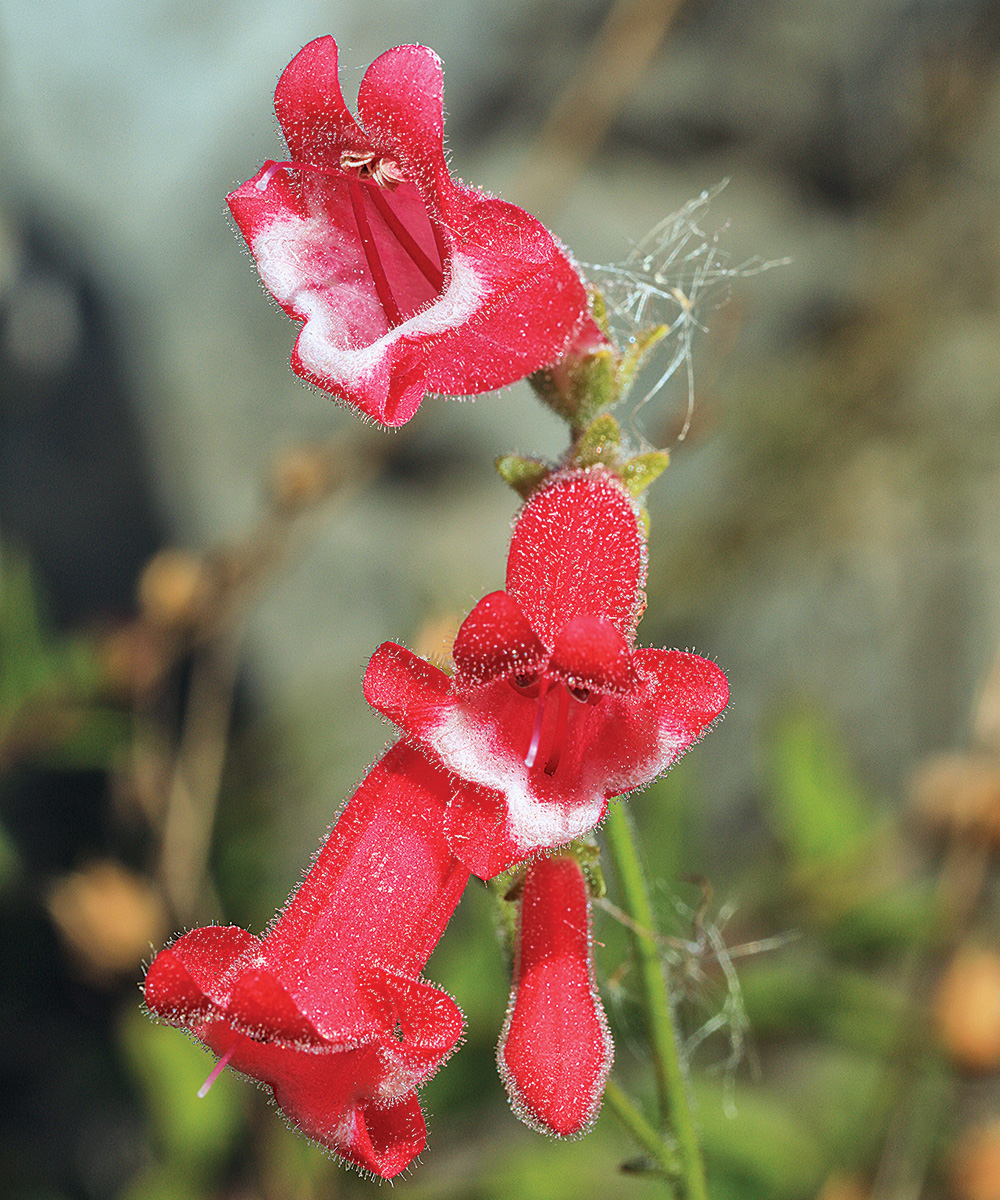
Name: Penstemon baccharifolius
Zones: 8–10
Size: 1 to 2 feet tall and 1 to 3 feet wide
Conditions: Full sun to partial shade; well-drained soil
This gorgeous penstemon sends up impressive 18-inch stalks with clusters of red, tubular flowers that are beloved by hummingbirds and butterflies. It blooms all summer long and has thick, fuzzy, dark green leaves. Rock penstemon looks outstanding when it can sprawl over rocky ledges, and, not surprisingly, it requires good drainage and little water to thrive. It tends to die back in winter, at least partially, but a good, hard pruning will set it right again for spring and encourage dense foliage.
Karen Beaty is a horticulturist for the Lady Bird Johnson Wildflower Center in Austin, Texas.


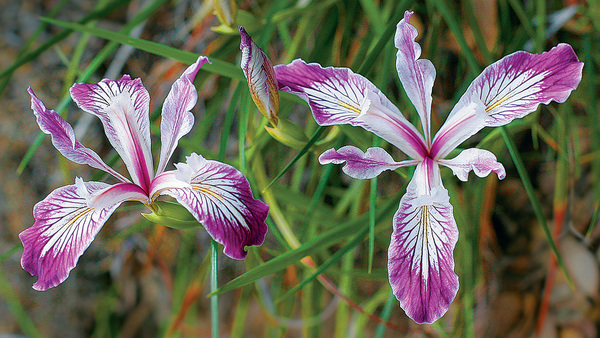

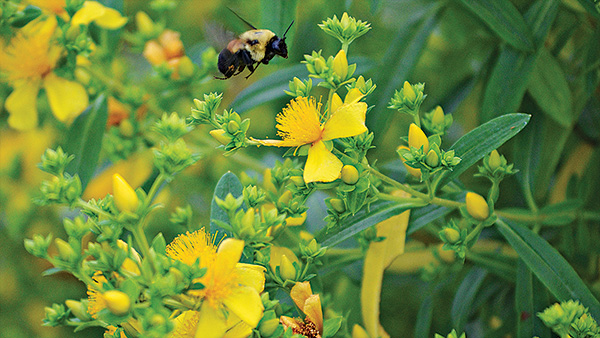

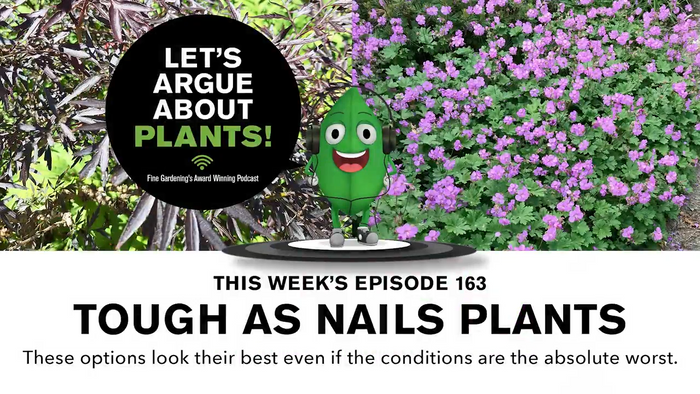
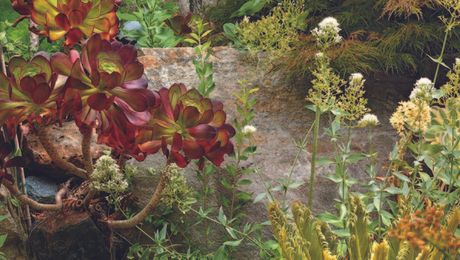
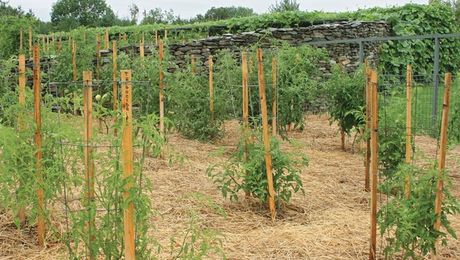









Comments
Log in or create an account to post a comment.
Sign up Log in